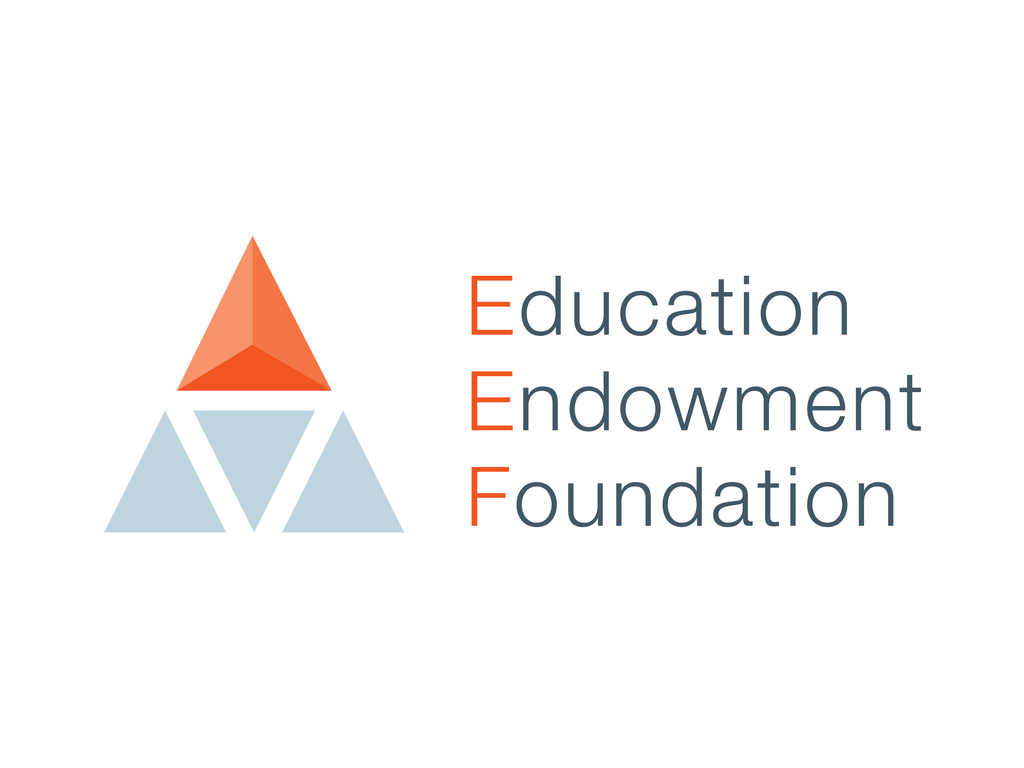Back in 2014 EEF expanded our remit to include three and four year olds as there is evidence of an attainment gap in school readiness between disadvantaged pupils and their peers even at these young ages. In addition, there is also evidence suggesting that high quality early years education can be effective in determining later academic outcomes.
We have now commissioned six projects working specifically in the nursery and reception years or Early Years Foundation Stage and plan to continue to expand this work. As testing children in this age group has its own set of challenges and complexities we commissioned the Institute of Education, UCL to carry out a review of measures to assess 0 – 6 year old children. The review covered language, literacy, numeracy, social and emotional development as well as the home and early years learning environments.
These resources are being launched as a first version and will be updated based on feedback from users, and as more is learnt about the best approaches to evaluating these outcomes in the early years. We welcome advice and suggestions on how these resources can be improved. This is an initial attempt to identify measures that are most relevant to EEF trials – it is not intended to be a definitive answer to how Early Years outcomes should be measured.
As the accompanying guidance document sets out, it is also important to be cautious at this stage. At the moment there is a not a lot of information about predictive validity of these measures. Hopefully over time EEF evaluations will be able to help add to the knowledge in this area within the context of wider information.
Projects
Which domains are covered?
Projects
How to use the Early Years measures database

Projects